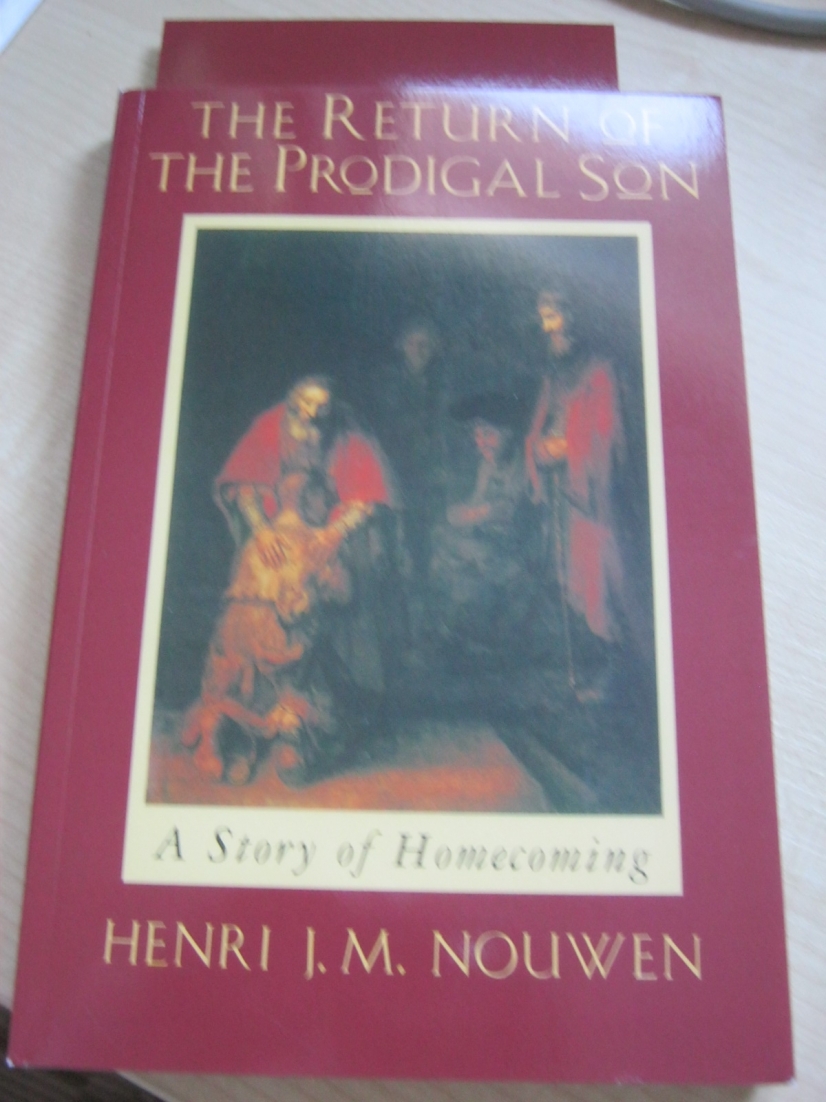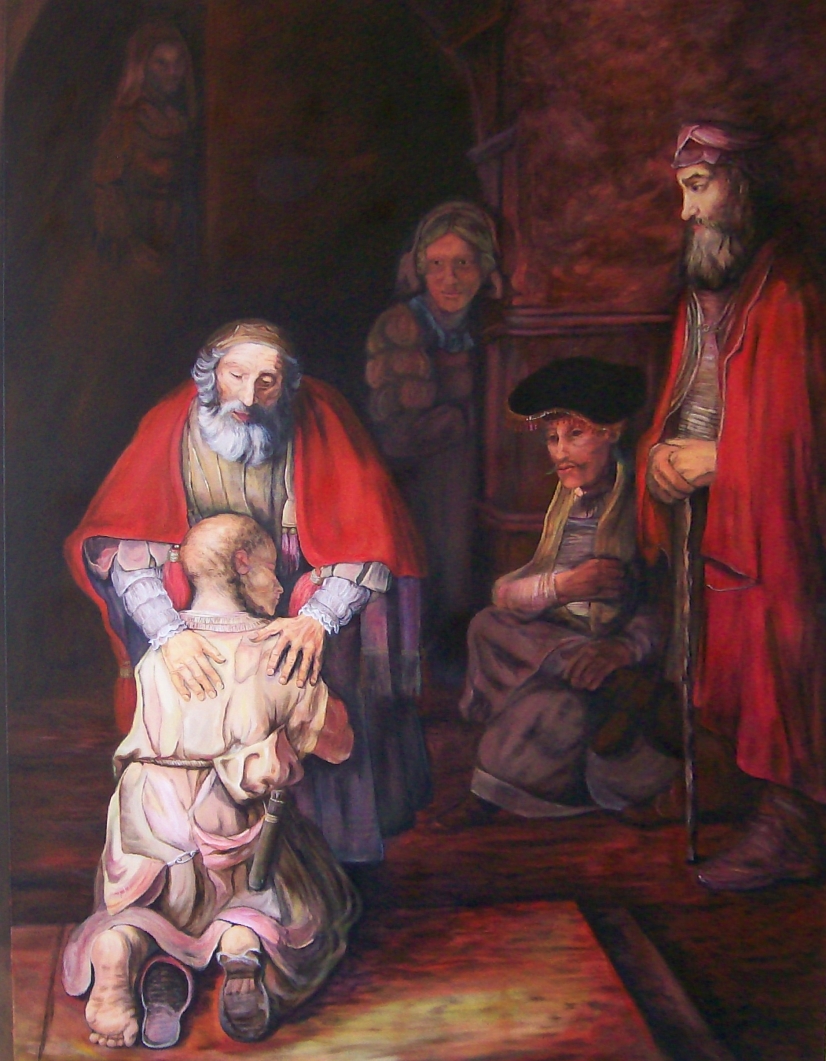Today begins with a "cyber wave" to those valiant folk who are working their way through Exodus and Numbers. The close reading is giving me much to ponder, which is a good thing. My memory of Numbers as being "a good read once you get past the lists at the start" now seems decidedly iffy - maybe that's part of the mystery of it all.
Four chapters today, simply because any other split would interrupt the story of Balaam, which seems a tad daft.
Lost Scrolls
Mention is made in this text of the "The Book of the Wars of the Lord", possibly a collection of ballads or poems describing victories, of which no extant version remains, and which seems to have been lost way back in time (along with some other scrolls/books mentioned elsewhere in the scriptures). Lots of stuff online you can check out, I chose this one as it's from a Jewish source, hence not subject to Christianised interpretation.
I think it is good to be reminded that the documents that comprise our sacred writings were once stand alone and part of a wider corpus of writing. Good to be reminded that choices were made on what to include and what to exclude. Good to see that, however divinely inspired such choices and edits were, these are the work of human hands and therefore subject to the limitations of human finitude.
Bronze Snake
A peculiar story, yet one that is picked up in the fourth gospel as part of the conversation with Nicodemus:
‘Very truly, I tell you, we speak of what we know and testify to what we have seen; yet you do not receive our testimony. If I have told you about earthly things and you do not believe, how can you believe if I tell you about heavenly things? No one has ascended into heaven except the one who descended from heaven, the Son of Man. And just as Moses lifted up the serpent in the wilderness, so must the Son of Man be lifted up, that whoever believes in him may have eternal life. (John 3: 11 - 14 NRSV)
The bronze serpent on a pole lifted up by Moses carries a very strong echo of the Greek myth of the rod of Asclepius and the symbol of one or two snakes wrapped round a stick remains to this day a symbol used by pharmacists and medical organisations alike.

The healing/salvation motif associated with the 'lifting up' is interesting, as is the idea that to 'look upon the snake' or, by parallel, to 'look upon Christ' defeats death.
I'm not going to speculate over the literal or mythological nature of the story, I don't think that's helpful. What has always fascinated me is how the symbol has found its way into everyday use in a world so secularised that any mythic or sacred origin is long lost.
Balaam (and the Talking Donkey)

Any excuse to post a picture of Shrek's talking donkey friend!
The story of Balaam is one that is often told only in part, in which he is portrayed as a stupid, stubborn man who is cruel to his donkey. The fact that the donkey is then granted human speech adds to our delight in the story. Whether this is part of the original manuscript or an insertion (omitting chapter 22: 21 - 35 would not detract from the sense of the story, and would overcome the slight complication of God telling Balaam to go and then being angry when he does so (22:21)) is not so important, in my view, as the fact that we reduce the story to this.
In essence, Balaam is approached by Balak to help defeat the Israelites. With lots of things happening in threes (nice mystic number) Balaam speaks to God and is convinced to speak blessing rather than curse over the Israelites. If anyone is a bit dim, maybe it is Balak who, each time a blessing is made takes Balaam somewhere else expecting him to speak to curse.
It is, actually, a very comedic account, if we step back from the warlike intent behind it. And it's also a very profound one - given the choice to curse or to bless, what will you do?
In the gospels Jesus is recorded as saying, "‘But I say to you that listen, Love your enemies, do good to those who hate you, bless those who curse you, pray for those who abuse you." Likewise the apostle Paul, in the letter to Rome:
"Bless those who persecute you; bless and do not curse them. Rejoice with those who rejoice, weep with those who weep. Live in harmony with one another; do not be haughty, but associate with the lowly; do not claim to be wiser than you are. Do not repay anyone evil for evil, but take thought for what is noble in the sight of all. If it is possible, so far as it depends on you, live peaceably with all."
Perhaps in the story of Balaam we find an important message hidden amongst the myth/supernatural, not that God is 'for us' and will always bless us, but instead that when invited to 'curse' we should at least contemplate the possibility of 'blessing' instead. What may need more thought is what such blessing may look like..

